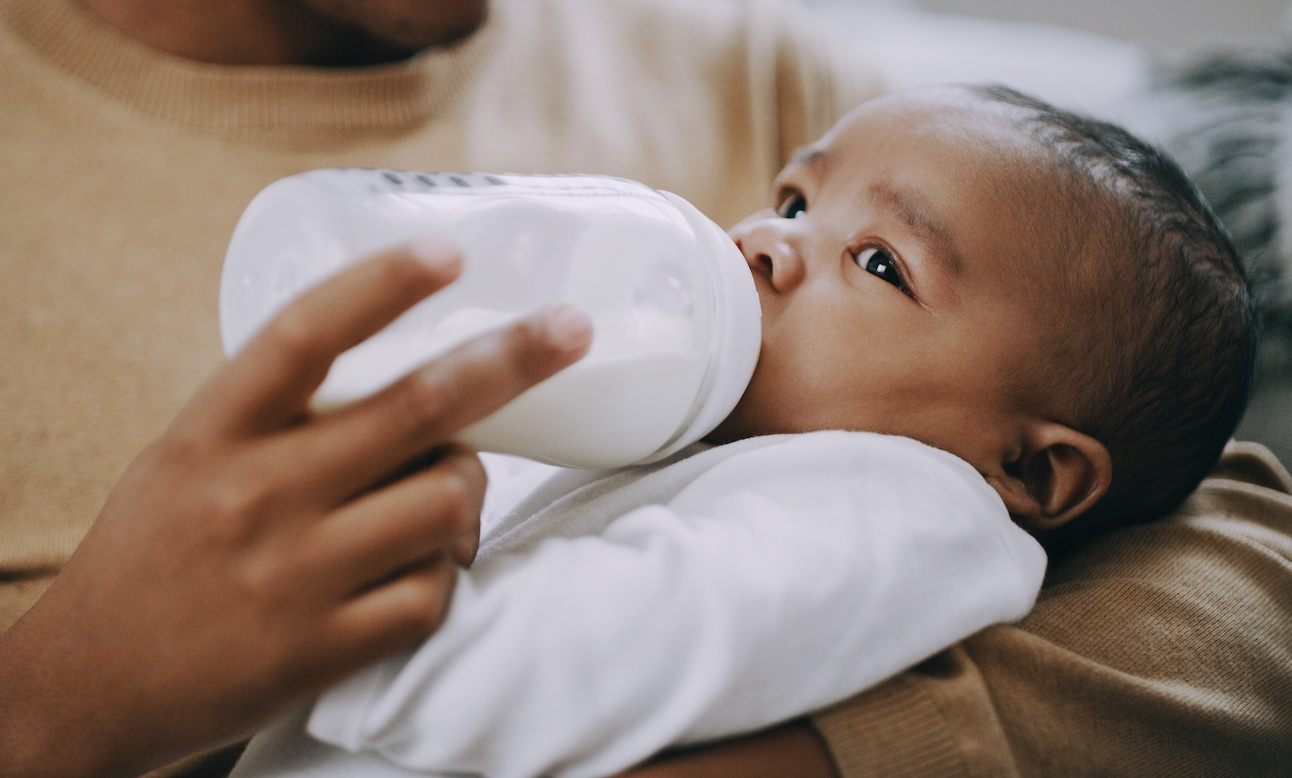
The reason Biomilq tested its early, experimental product for casein, a protein, and lactose, a sugar, was for proof that the cells cultured in their lab had both functioning protein and sugar synthesis pathways—the foundation for all the other proteins and sugars one would expect to find in human breast milk. Due to pandemic-related lab closures, it’s still waiting on mass spectrometry data that will give a full readout of every molecule present, and provide new insight into how Biomilq compares to human breast milk not from a lab.
“Starting with the cell that does the lion’s share of the biosynthesis is a good place to start,” says Rasmussen. “You’re going to get the lactose, and you’ll get the unique milk fats, and the unique milk proteins if you’re very successful.”
Still, the inescapable truth is that Biomilq’s hoped-for product will never fully approximate breast milk, a bodily fluid that varies widely and is naturally in flux. The company may need to partly rely on an additive process to get its milk right, even if it’s less reliant on this approach than formula companies are. For example: Since a parent’s blood type determines which oligosaccharides end up in milk, the sugars that naturally show up in Biomilq’s product will be limited by the blood types of the cell donors it relies on—but it’s still unknown if this personalized diversity matters for infants. If it turns out it does, this will be a consequence of industrialization that the company will have to overcome.
Beyond “Breast is best”
For all of Biomilq’s high-tech solutionism, its product doesn’t really address the array of old-fashioned social challenges that make breastfeeding a challenge in the first place. Many of the people who use formula physically can and want to breastfeed full-time, but are unable to due to a range of factors—including a lack of health education, insufficient medical and community support, continued harassment toward people who breastfeed in public, and job constraints.
An increasingly large proportion of the U.S. workforce is made up of mothers with dramatically little access to parental leave, so the choice becomes: leave the workforce to stay home and breastfeed, or go back to work and pump, an exhausting task that can be stressful to find time and space to do on the job and causes many people to supplement with formula instead.rt, continued harassment toward people who breastfeed in public, and job constraints.
"breast" - Google News
July 14, 2020 at 07:52PM
https://ift.tt/3j10pzP
Can biotech startups make breast milk without the breast? - The Counter
"breast" - Google News
https://ift.tt/2ImtPYC
https://ift.tt/2Wle22m
Bagikan Berita Ini














0 Response to "Can biotech startups make breast milk without the breast? - The Counter"
Post a Comment